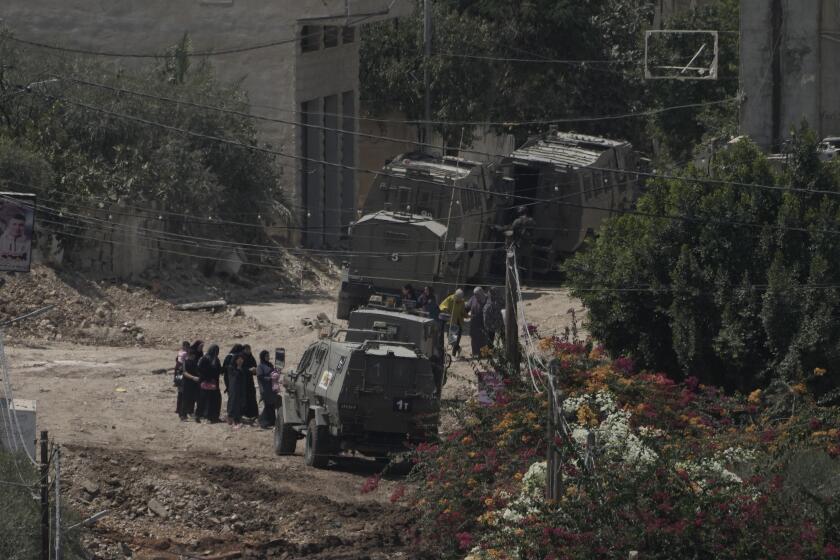Human Wrongs in the Persian Gulf
It’s well that the U.S. government has resisted describing the Persian Gulf War as a contest to protect freedom and civil liberties. As the State Department’s annual report on human rights again makes clear, some of America’s key coalition partners are little better than Iraq when it comes to respecting those concepts.
In Iraq, torture and summary execution remain routine instruments of control, while freedoms of speech and association are “virtually non-existent.” But the record of neighboring Syria, an important Arab member of the anti-Baghdad coalition, is almost identical. Torture, arbitrary arrest and denial of basic freedoms remain the norm. Human rights abuses, including torture, continue in Egypt, another major coalition partner. Pre-invasion Kuwait also saw regular examples of political repression and mistreatment of prisoners.
Saudi Arabia, the main Arab ally in this war, will win no human rights awards, either. While conceding that collecting detailed information is difficult, the department cites continuing credible reports of torture and other abuses of detainees, especially those accused of political offenses. By any basic standard of human rights, the Saudis’ treatment of women remains abysmal.
Some have expressed hopes that the end of the Gulf War could see a turn toward progressive social reforms in a number of Arab states. It would be nice to think so. For as the State Department’s report so mournfully shows, human rights in the region are notable mainly for their almost complete absence.
More to Read
Sign up for Essential California
The most important California stories and recommendations in your inbox every morning.
You may occasionally receive promotional content from the Los Angeles Times.






